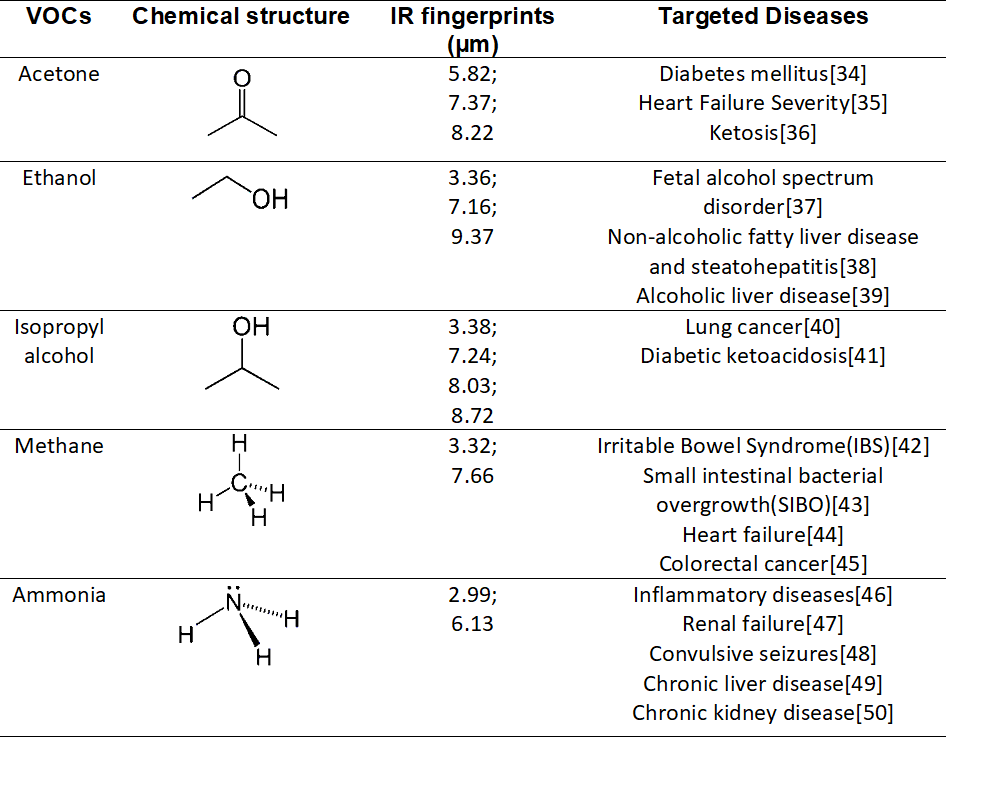-
- ARIS-RP1: Design and Characterization of Ultra-Large-Scale Intelligent Electromagnetic Surfaces Using Deep Learning
- ARIS-RP2: Reprogrammable Meta-optics for Information Multiplexing
- ARIS-RP3: Making Wireless Communication Environment Smart via Reconfigurable Intelligent Surfaces (RIS): A New Network Optimization Perspective
-
- FCT-RP1: Practical Data Storage and Computation in DNA Molecules
- FCT-RP2: Amorphous-Oxide-Semiconductor Thin Film Transistors and DRAM Cross-bar to Enable 3D Monolithically Integrated Architecture for Near/In-memory Computing
- FCT-RP3: Neural-like Computing System based on Superparamagnetic Tunnel Junctions
-
- HFM-RP1: Wearable Microneedle Patch for the Minimally Invasive Wireless Continuous Glucose Monitoring
- HFM-RP2: On-body computing for Next-generation Wearable Systems
- HFM-RP3: A Novel Optical Biometer to Monitor Myopia Progression in Children.
- HFM-RP4: Magnetoplethysmograph for Continuous Heart Rate and Blood Pressure Monitoring
- HFM-RP5: Manufacturing of Artificial SKin Integrated Network (SKIN) for Healthcare and Fitness Monitoring
- HFM-RP6: Radio-frequency Textile Sensors for Wearable and Ambient Health Monitoring
-
- ADT-RP1: Development of High Precision Additive Manufacturing for Integrated Complex Molding Applications
- ADT-RP2: Low Loss and Tunable Ferroelectrics for Sub-6G Applications
- ADT-RP3: Redox-mediated Flow Battery for Household Energy Storage
- ADT-RP4: Development of Nature-inspired Multiscale Composite Materials for High Strength and Low Loss Applications
-
- WDSS-RP1: Enabling Continuous and Realtime Monitoring of Human Vitals through Battery-free Tunnel Diode based Sensors
- WDSS-RP2: Wireless Communication and Radar Sensing Fusion Based Indoor Localization
- WDSS-RP3: Multi-parameter Sensing Platform for Proactive Hypertension Diagnostics Using Artificial Intelligence
- WDSS-RP4: LightChips: Light-Based Integrated Cloud-to-Edge Communications, Sensor Node Wake-Up and Indoor Positioning for mm-Scale Purely-Harvested Systems
HMW-RP1: AI-assisted Infrared Nano-Opto-Surface-Enhanced-Sensor (IR-NOSES) Chips for Early-stage Diagnosis and Healthcare Applications
Principal Investigator: Associate Professor Lee Chengkuo
We propose an Infrared Nano-Opto-Surface-Enhanced-Sensor (IR-NOSES) system to detect volatile organic compound (VOC) gases as a measure for early-stage diagnosis and daily personal healthcare. VOCs as breath metabolites or skin secretions correlate with many organs like lung, liver, kidney as well as diseases like cancers, diabetes, gastrointestinal disease, and Alzheimer’s disease. In Table.1, typical VOCs and their fingerprint absorptions are summarized for non-invasive disease diagnosis, where such information can reflect the health condition of patients in real-time. Our proposed miniaturized IR-NOSES provides a chip-scale solution for VOC identification with high accuracy aiming at early-stage diagnosis before the patients perceive apparent clinical symptoms. With the aid of machine learning (ML) analytics, the IR-NOSES can achieve low-cost healthcare and monitoring in the era of Artificial Intelligence of Things (AIoT) technology.
 Table. 1 IR properties and diseases biomarkers for Selected VOC gas molecules
Table. 1 IR properties and diseases biomarkers for Selected VOC gas molecules


